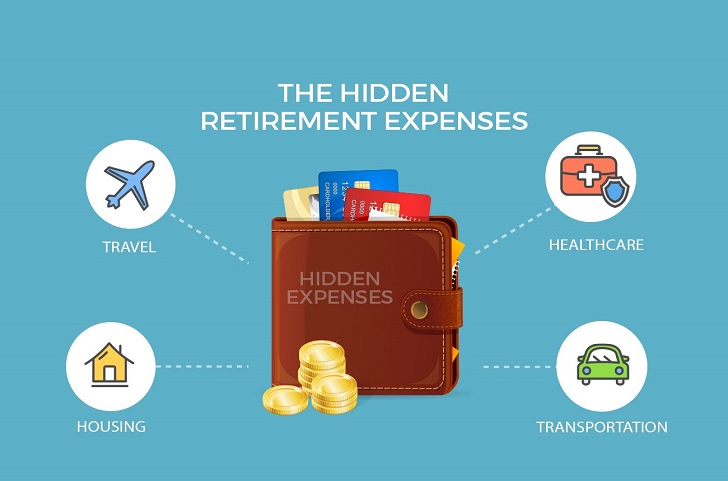When financial experts advise us on savings, the one thing they never leave out is saving for retirement. Those who heed their words save up, and when it’s finally time to retire they have that package that will comfortably take them through their golden years.
But is retirement, even with your savings, always a bed of roses? As CNBC reports, you may have a fixed retirement income, but your spending could dramatically fluctuate from month to month.
According to a recent study by J. P. Morgan, how much you spend in your retirement has a significant effect on the quality of life you lead in later years. This should be obvious, no? But most retirees seem to be oblivious to it.
Big Spending Early On
Analyzing over 5 million accounts, the financial institution came to the conclusion that retirees spend more immediately after the fact. The transition from a busy life to one where you have all the time in the world can lead you down a crazy path, and not many people realize this.

Having all the time in the world can lead you down a crazy path
However, J. P. Morgan admits that it isn’t always intentional. Before retiring, most people actually have their monthly spending planned for when the time to get into it finally comes. What they don’t do is account for the adjustments they have to make, and that’s where the disconnect comes in.
Naturally, adjustments call for extra spending. Maybe you want to renovate your home or relocate altogether, perhaps you’re traveling; it could be any number of things, all of which require you to fork out a sizeable amount of money.
For those who think long-term, they may have meticulously planned out a retirement budget for the foreseeable future. However, J. P. Morgan argues that most of these calculations may not be accurate.

You may have the budget, but with inaccurate calculations
For starters, as you age, your needs change. Second, not most people account for inflation when making long-term financial decisions, right? You may think that you’re operating within your budget for the time being, only to find yourself in a fix later on.
Break Everything Down
So how do you avoid this? The financial institution doesn’t discover the problem then leave us without a solution. They advise that instead of having a blanket retirement budget, break everything down into categories then plan for each of them.
If it’s for food, budget according to how your needs change. If you’re planning for a safari, it most certainly won’t be a recurrent expense, right? Have a separate category for it. To put it plainly, decompartmentalize your finances. It even feels like the divide and conquers technique, so call it that if that’s what will help you in your retirement.

Decompartmentalize your expenses
And while you’re doing all this, factor in tax consequences, will you? Take note of these especially if you make frequent withdrawals. We don’t want you broke at the time when you need cash the most, do we?
We know that with age comes certain health requirements that can’t be left unignored and what a shame it would be for you to live large throughout your 60s and 70s, then when the medical bills start coming when you’re 80, and your well is drier than the Sahara.










